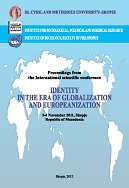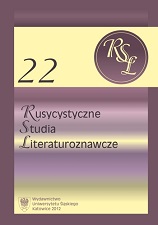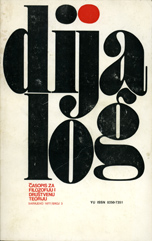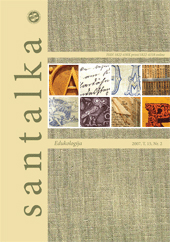Jezička prava u srpskoj civilnoj proceduri
This Paper represents a critical analysis of the legislation pertaining to the use of native tongues of different ethnic groups in Serbian civil procedure. The differences between native tongues of the citizens of multinational countries, such as Serbia, can result in a wide range of problems referring to judicial protection of citizen's rights and interests in civil matters. For that reason, Serbian legislation provides for a variety of measures aimed at preventing inequality with respect to the realization of this public subjective right guaranteed by the Constitution. However, statutory provisions related to this issue have certain drawbacks, and one of the most apparent shortcomings inherent to these measures is that their scope is limited only to communities granted with the formal status of "National Minority". The purpose of this paper is to identify some of the legislative drawbacks, as well as to suggest possible ways to overcome them. Even though the suggested solutions to the identified problems differ, their underlying principle is the principle of equality of all the citizens, disregarding their nationality and irrespective of whether their native tongue is the official language of the court or not
More...




